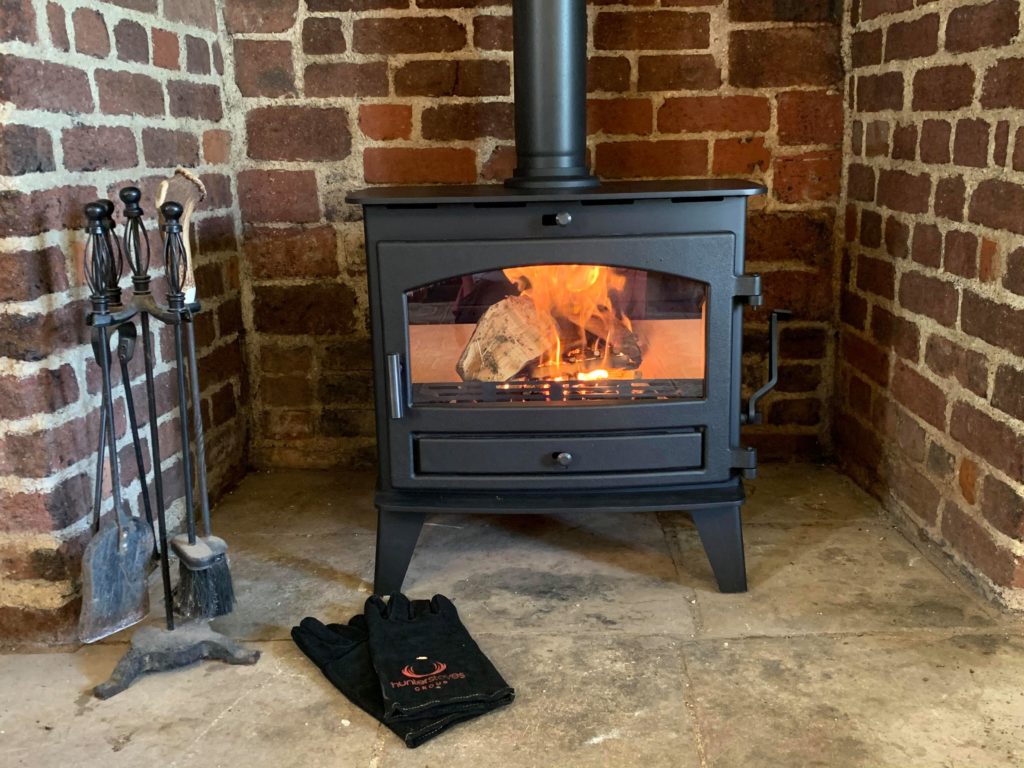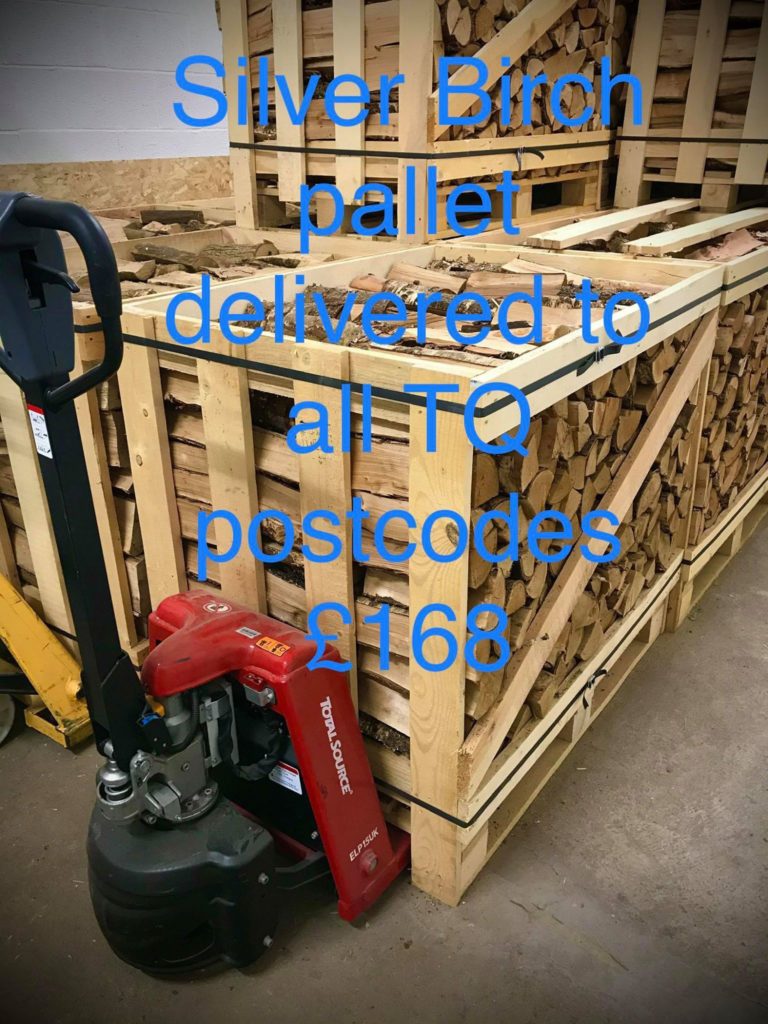If you have a wood burner or multi-fuel stove there are new rules you need to know about!
Under a government scheme, to be rolled out in 2021, owners of wood burners, stoves and open fires in England will no longer be able to burn the most polluting fuels.

This is a change first announced in the government’s 2019 Clean Air Strategy and aims to reduce emissions of air pollutants. It does not ban the use of wood burning stoves, just the two most polluting fuels which are sometimes burned in them.
The government’s 2019 Clean Air Strategy highlights house coal and wet wood as the fuels to be banned, see why below.
House Coal
Coal is a fossil fuel and on burning it emits large amounts of carbon dioxide into the atmosphere as well as particulates that increase air pollution and health dangers. Although its use is declining, the new scheme speeds things up. Sales of bagged traditional house coal will be phased out by February 2021, and the sale of loose house coal direct to customers will end by February 2023.
Wet Wood
Whilst wood can be viewed as a carbon neutral fuel (since trees can be planted to replace the ones used), wet wood or unseasoned wood cannot as, when burned, it creates more smoke and harmful particles of air pollution than dry wood. Added to this your stove will not work as efficiently as when using properly seasoned wood. Burning wet wood can also damage your flue and chimney system. Sales of wet wood in small units (less than two cubic metres) will be phased out from February 2021.
What fuels will still be allowed?
Dry Wood
Dry wood or seasoned wood has a moisture content of 20% or less. It produces much less smoke and pollution than unseasoned wood. To come under this category, wood must be dried out before use. Seasoning is the process of removing the moisture from wood. This can be best achieved by splitting and stacking undercover in a way which allows the air to circulate and carry the moisture away as it evaporates. You need to allow at least a year, ideally two, for this process. Kiln dried wood ensures a low moisture content and also comes under this category.

We now stock kiln dried logs in ash or birch with a moisture content of 18% or less, with the Woodsure Ready To Burn certification and sourced sustainably from FSC Approved suppliers.
Visit our online shop where you can find our ‘Large Load’ or ‘Convenient Box’ containers of wood, shrink wrapped to prevent moisture getting in. Or if space is at a premium we have ‘Barrow Bags’ or ‘Handy Bags’ which you can refill each time, reducing waste to landfill.
We also stock kindling and smaller nets of logs too.

Manufactured solid fuels
Solid fuels which produce low levels of pollution will be allowed under the changes. This includes wood briquettes, made from compressed dry sawdust, wood chips and/or other types to be decided. Manufacturers of solid fuels will need to show they have very low sulphur content and only emit a small amount of smoke for them to be allowed.
It will still be permitted to sell wet wood in volumes greater than two cubic metres, as long as it is sold with advice on how to dry it before burning.
Please ask any of the Ashburton Chimney Sweep team for advice on types of fuels to burn safely and also guide you on sweeping and maintaining your appliance. Click here to get in touch.
Or you can pay us a visit at our new premises in Buckfasteigh – directions are here.



